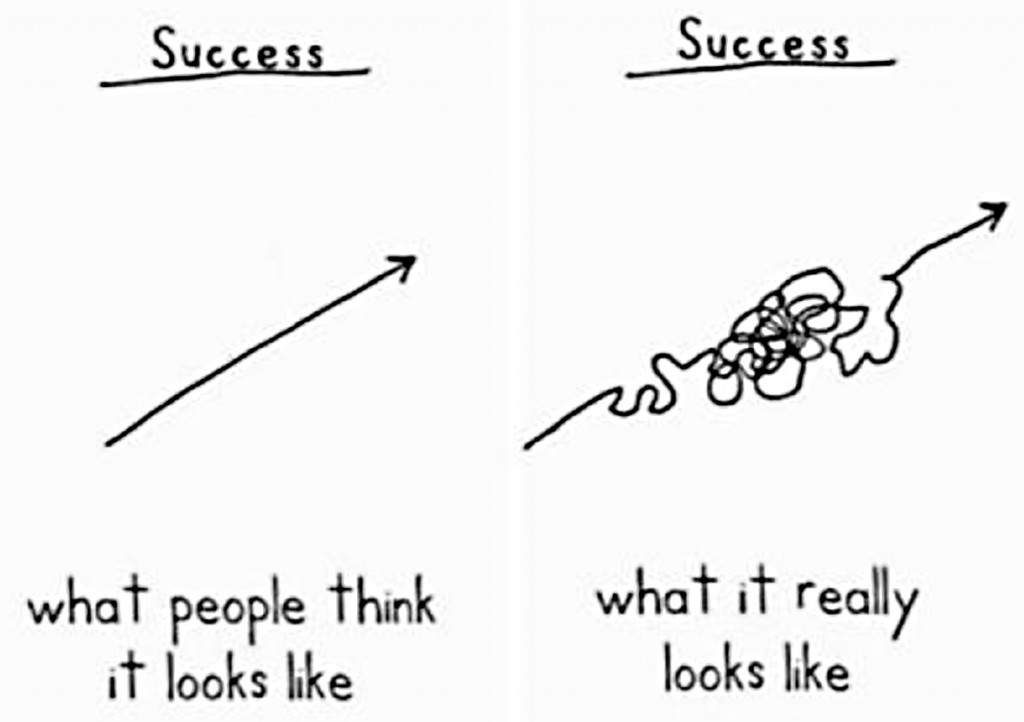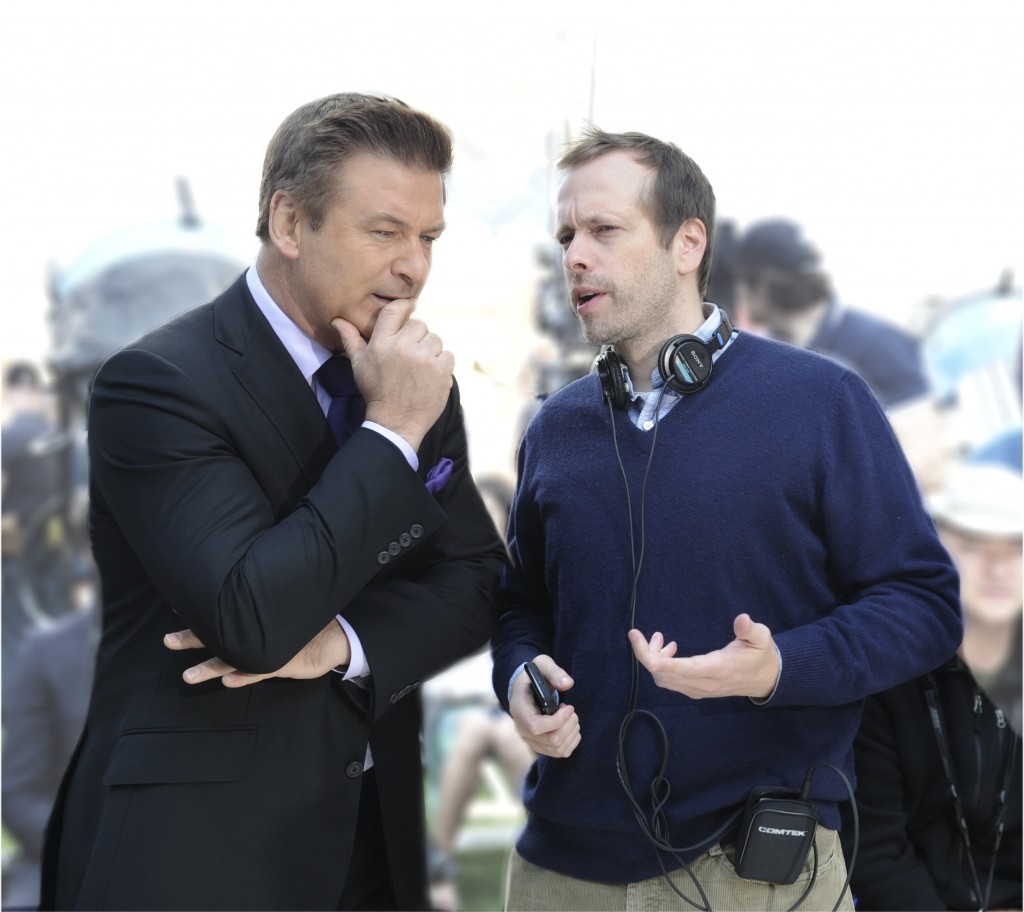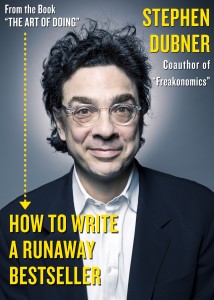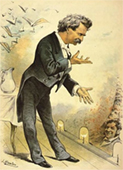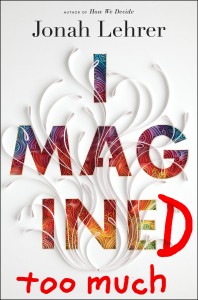 In the wake of the Jonah Lehrer scandal in which he was caught fabricating quotes for his best-selling book Imagine, How Creativity Works, we thought back to the words of Michael Sitrick a Hollywood crisis manager to the stars and prominent CEO’s, known as the Spin Doctor.
In the wake of the Jonah Lehrer scandal in which he was caught fabricating quotes for his best-selling book Imagine, How Creativity Works, we thought back to the words of Michael Sitrick a Hollywood crisis manager to the stars and prominent CEO’s, known as the Spin Doctor.
“Public Relations is about persuasion and persuasion depends on credibility, so you can’t lie.”
You could just as easily substitute “journalism” for “public relations.” Although we understand that writers like Lehrer shape a narrative by massaging quotes and emphasizing some parts of the story over others, our belief in a writer’s carefully constructed arguments is dependent on our belief that he or she has more or less accurately reported the “facts.”
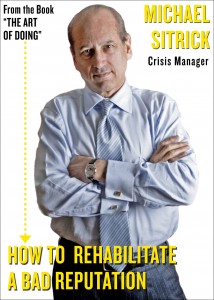 Lehrer risked his credibility by fabricating quotes of Bob Dylan in the service of creating a more persuasive argument. It was a form of writer’s Russian Roulette. The story might have been more effective with the fabricated quotes but when he got caught lying by Michael Moynihan of Tablet Magazine he lost his credibility and his ability to persuade us of anything. This is in turns made him a pariah to those who have given him a vehicle for his work. They had to protect their own credibility. Lehrer resigned as staff writer from the New Yorker and his publisher Houghton Mifflin Harcourt has withdrawn his book. Continue reading “Blast from the Past: On Jonah Lehrer and Lies”
Lehrer risked his credibility by fabricating quotes of Bob Dylan in the service of creating a more persuasive argument. It was a form of writer’s Russian Roulette. The story might have been more effective with the fabricated quotes but when he got caught lying by Michael Moynihan of Tablet Magazine he lost his credibility and his ability to persuade us of anything. This is in turns made him a pariah to those who have given him a vehicle for his work. They had to protect their own credibility. Lehrer resigned as staff writer from the New Yorker and his publisher Houghton Mifflin Harcourt has withdrawn his book. Continue reading “Blast from the Past: On Jonah Lehrer and Lies”

